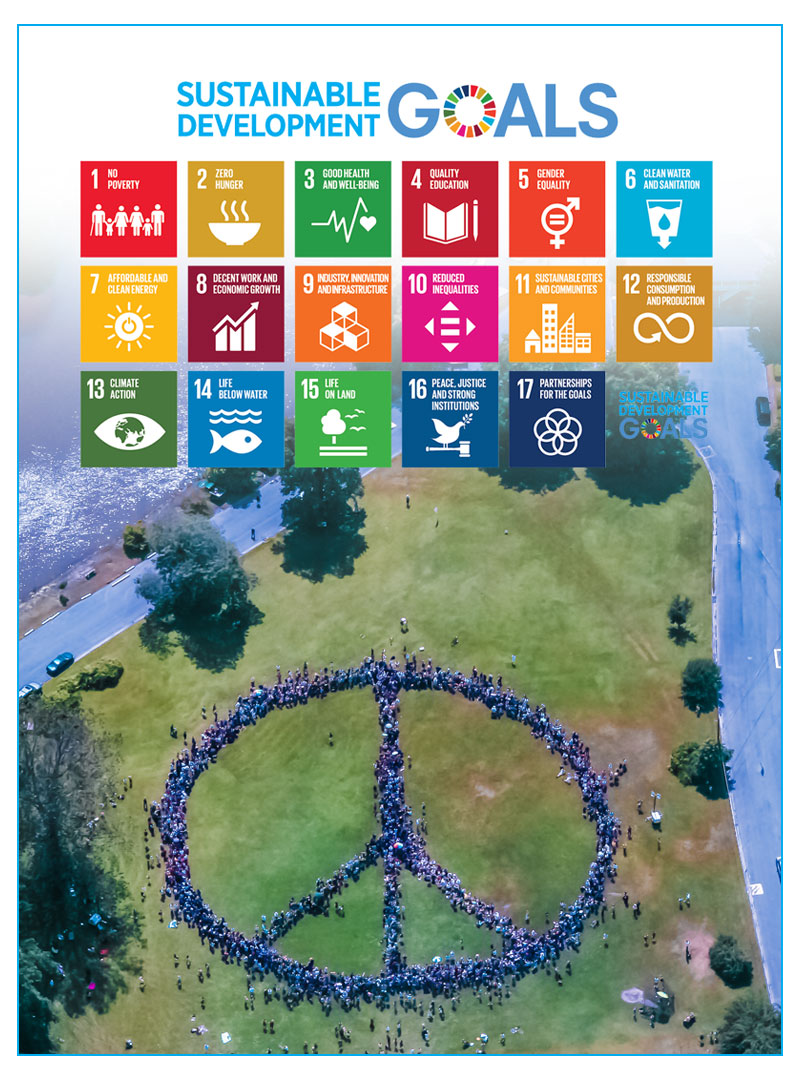GHPU’s Philosophy
GHPU’s Philosophy

🌿 GHPU’s Philosophy
Rooted in Peace | Driven by Purpose | Empowering Humanity
At Global Human Peace University (GHPU), philosophy is not confined to textbooks or classrooms. It is a living, breathing force that guides our every initiative, interaction, and inspiration. GHPU was founded on the timeless belief that peace is not merely the absence of conflict, but the active presence of compassion, understanding, and unity among people, communities, and nations.
✨ The Heart of Our Philosophy: “Education with Purpose, Recognition with Meaning”
GHPU envisions a world where education is not limited to formal degrees, and honor is not dictated by titles alone, but earned through impactful service, innovation, and a lifelong commitment to humanity.
Our core philosophy is built upon the following pillars:
🌍 1. Peace as a Path, Not Just a Goal
GHPU believes that global peace begins with inner peace. Through our recognition programs, educational outreach, and humanitarian platforms, we cultivate a culture that honors empathy, ethical leadership, conflict resolution, and universal harmony. Our Honorary Doctorate Award celebrates individuals whose life work has created peace—not just in theory, but in action.
📚 2. Lifelong Learning & Non-Traditional Excellence
We recognize that learning doesn’t stop at the classroom door. The GHPU philosophy celebrates non-academic forms of intelligence, such as social innovation, spiritual leadership, community transformation, and creative expression. We honor visionaries and changemakers who have taken the road less traveled and left a lasting mark.
🤝 3. Global Human Unity
The very name Global Human Peace University reflects our commitment to a borderless vision of unity. Our Nomination Committee spans continents, and our Award Ceremonies include people from every walk of life—proving that humanity’s highest virtue is in coming together beyond divisions of race, religion, region, or rank.
🌱 4. Empowerment Through Recognition
Recognition is not vanity—it’s a powerful tool of empowerment. GHPU believes that celebrating unsung heroes elevates communities and inspires others to serve. Our Honorary Doctorate Award offers more than a certificate; it gives voice, visibility, and validation to those who often go unacknowledged.
💻 5. Accessible Education & Digital Impact
Through our initiative online.ghpuedu.org, we extend our philosophy into action by offering free online education, life skills training, and personal development resources to underserved populations. We believe that access to knowledge and self-growth should never be hindered by borders or economic status.
🕊️ 6. Ethics, Integrity & Responsibility
Every GHPU nomination is meticulously screened to uphold transparency and credibility. We ensure that recognition is earned, not bought, and always aligned with our values of honesty, dignity, and service. Our community stands as a beacon of ethical recognition in a world often driven by self-interest.
🔥 7. Recognition Without Commercial Motive
GHPU’s philosophy firmly opposes the commodification of honorary recognition. Our Honorary Doctorate Award is symbolic—a moral and social acknowledgment, not an academic or commercial certificate. We do not equate this with a Ph.D., but we deeply honor the lived wisdom and contributions of our awardees.
🌟 Final Thought: A Movement, Not Just an Institution
Global Human Peace University is more than a university—it is a movement. A movement of hearts, minds, and souls committed to building a better, kinder, wiser world.
We don’t just recognize leaders—we awaken new ones. We don’t just talk about peace—we build it through action. We don’t just preach values—we live them in every nomination we process and every community we empower.
Join the GHPU movement. Embody the philosophy. Be the change.
🌱Join the GHPU movement. Embody the philosophy. Be the change.
At Global Human Peace University, we don’t just honor achievements—we ignite purpose. By joining the GHPU movement, you become part of a global family committed to advancing peace, dignity, and transformative social impact. This is a call to thinkers, doers, dreamers, and leaders who believe that real change begins with values.
To embody the philosophy means to live with empathy, lead with integrity, and serve with vision. Whether you’re uplifting your community, innovating solutions, or simply choosing compassion in your everyday actions—you are the change. GHPU is here to recognize it, amplify it, and walk with you on a path where honor meets humanity.

